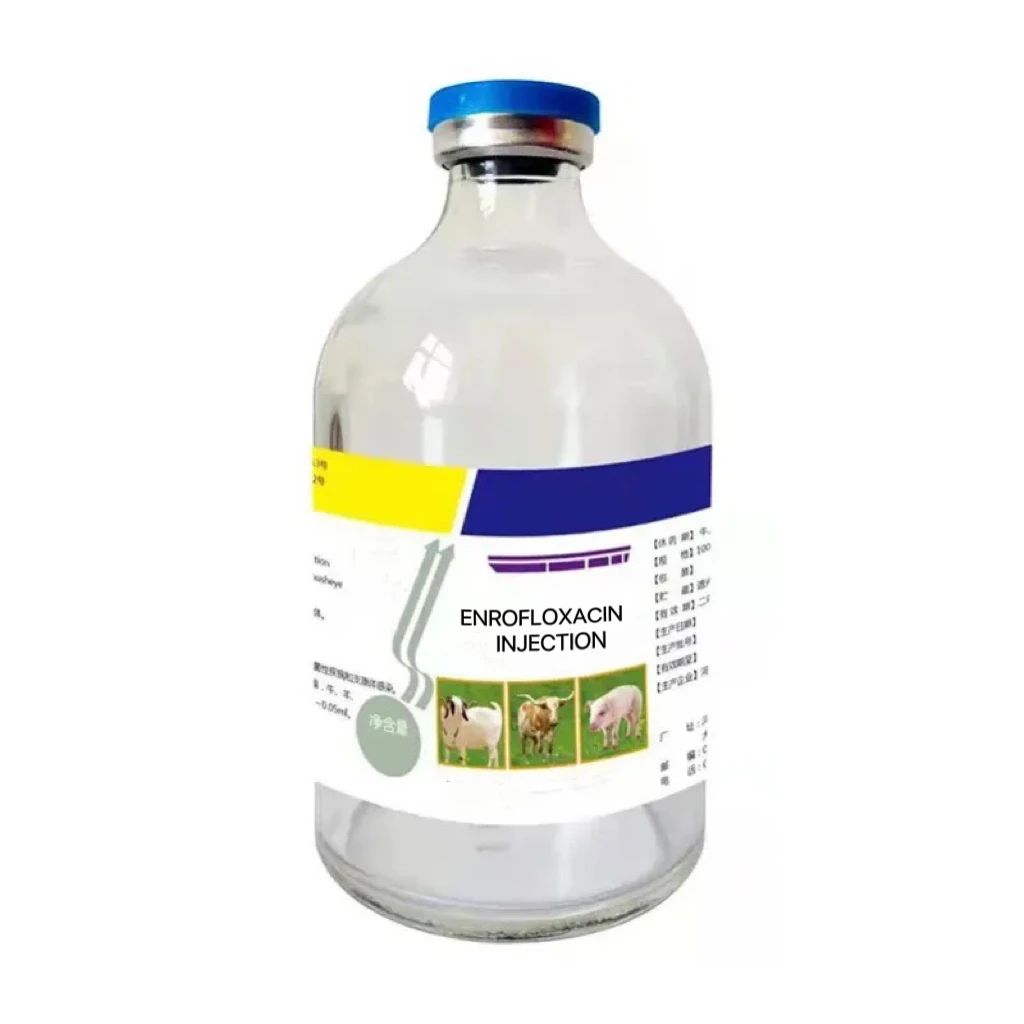- Afrikaans
- Albanian
- Amharic
- Arabic
- Armenian
- Azerbaijani
- Basque
- Belarusian
- Bengali
- Bosnian
- Bulgarian
- Catalan
- Cebuano
- Corsican
- Croatian
- Czech
- Danish
- Dutch
- English
- Esperanto
- Estonian
- Finnish
- French
- Frisian
- Galician
- Georgian
- German
- Greek
- Gujarati
- Haitian Creole
- hausa
- hawaiian
- Hebrew
- Hindi
- Miao
- Hungarian
- Icelandic
- igbo
- Indonesian
- irish
- Italian
- Japanese
- Javanese
- Kannada
- kazakh
- Khmer
- Rwandese
- Korean
- Kurdish
- Kyrgyz
- Lao
- Latin
- Latvian
- Lithuanian
- Luxembourgish
- Macedonian
- Malgashi
- Malay
- Malayalam
- Maltese
- Maori
- Marathi
- Mongolian
- Myanmar
- Nepali
- Norwegian
- Norwegian
- Occitan
- Pashto
- Persian
- Polish
- Portuguese
- Punjabi
- Romanian
- Russian
- Samoan
- Scottish Gaelic
- Serbian
- Sesotho
- Shona
- Sindhi
- Sinhala
- Slovak
- Slovenian
- Somali
- Spanish
- Sundanese
- Swahili
- Swedish
- Tagalog
- Tajik
- Tamil
- Tatar
- Telugu
- Thai
- Turkish
- Turkmen
- Ukrainian
- Urdu
- Uighur
- Uzbek
- Vietnamese
- Welsh
- Bantu
- Yiddish
- Yoruba
- Zulu
Th12 . 31, 2024 17:27 Back to list
Tylosin Injection for Canines Benefits, Uses, and Precautions to Consider
Tylosin Injection for Dogs Usage, Benefits, and Precautions
Tylosin is a macrolide antibiotic that is widely used in veterinary medicine, particularly for treating various bacterial infections in dogs and other animals. This medication is especially effective against a number of Gram-positive bacteria and some Gram-negative bacteria, making it a versatile option for practitioners. In this article, we will explore the uses, benefits, and precautions associated with the use of tylosin injection for dogs.
What is Tylosin?
Tylosin is derived from the bacterium *Streptomyces fradiae* and functions by inhibiting bacterial protein synthesis. It is most commonly used to treat infections in the respiratory tract, gastrointestinal tract, and skin in dogs. While tylosin is available in oral forms, the injectable version is particularly beneficial for dogs that may have difficulty swallowing pills or when rapid action is necessary.
Indications for Use
Veterinarians usually prescribe tylosin injection for a variety of conditions, including
1. Bacterial Infections Tylosin is effective against infections caused by sensitive strains of bacteria. Common targets include skin infections, soft tissue infections, and respiratory infections.
2. Gastrointestinal Disorders It is often used to address gastrointestinal issues, such as chronic enteritis or inflammatory bowel disease (IBD), where an antibiotic can help eliminate bacterial overgrowth.
3. Parasitic Infections In some cases, tylosin might be used as part of a treatment regimen for certain parasitic infections, helping to manage secondary bacterial infections that can occur alongside these conditions.
Benefits of Tylosin Injection
- Rapid Action The injectable form of tylosin allows for immediate absorption into the bloodstream, ensuring rapid therapeutic effects. This is particularly important in cases of severe infections where time is of the essence.
- Efficacy Tylosin demonstrates effectiveness against a variety of pathogens, making it a preferred choice for practitioners dealing with complicated or resistant infections
.tylosin injection for dogs

- Reduced Frequency of Administration Compared to some oral medications, the injectable form may require fewer doses, improving compliance in treatment plans, especially with difficult-to-handle animals.
Administration and Dosage
Tylosin injection is typically administered by a veterinarian, who will determine the appropriate dosage based on the dog's weight, the severity of the infection, and overall health condition. It is crucial that pet owners follow the veterinarian's instructions regarding administration and duration of treatment to avoid complications and ensure efficacy.
Precautions and Side Effects
While tylosin is generally considered safe for dogs when used as directed, there are some precautions that pet owners should be aware of
1. Allergic Reactions Some dogs may have allergies to tylosin or other macrolide antibiotics. Signs of an allergic reaction may include swelling, difficulty breathing, or hives. If any of these occur, seek veterinary assistance immediately.
2. Gastrointestinal Upset As with many antibiotics, tylosin can lead to gastrointestinal side effects, such as vomiting or diarrhea. If these symptoms persist or worsen, it's important to consult with a veterinarian.
3. Drug Interactions Tylosin may interact with other medications. Therefore, it’s essential for pet owners to inform their veterinarian of any other treatments their dog is undergoing.
4. Not for Use in Pregnant or Nursing Dogs The use of tylosin in pregnant or nursing dogs may not be recommended, as the effects on fetal or nursing puppies are not well documented.
Conclusion
Tylosin injection can be an invaluable tool in the treatment of bacterial infections in dogs, offering fast action and effectiveness when oral medications are not an option. However, as with any medication, it is vital for pet owners to use tylosin under the guidance of a qualified veterinarian to ensure safety and efficacy. By understanding the benefits and precautions associated with tylosin, dog owners can be better equipped to manage their pet’s health effectively. Always consult your veterinarian for tailored advice and treatment plans that best suit your dog's needs.
-
Guide to Oxytetracycline Injection
NewsMar.27,2025
-
Guide to Colistin Sulphate
NewsMar.27,2025
-
Gentamicin Sulfate: Uses, Price, And Key Information
NewsMar.27,2025
-
Enrofloxacin Injection: Uses, Price, And Supplier Information
NewsMar.27,2025
-
Dexamethasone Sodium Phosphate Injection: Uses, Price, And Key Information
NewsMar.27,2025
-
Albendazole Tablet: Uses, Dosage, Cost, And Key Information
NewsMar.27,2025













